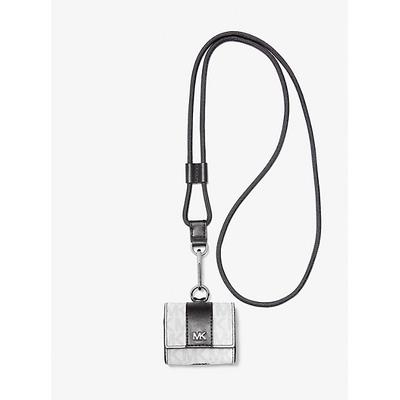Allergies are a common problem, and there is nothing that can be done to avoid them. However, there are treatments and medications available that help manage the symptoms caused due to an allergic reaction. It is necessary to be aware of the course of action in case you or someone around you is suddenly experiencing an allergic reaction. Continue reading to learn more about allergies, how to detect them, and its treatment options.
What are allergies and how to detect them?
An allergy is the reaction produced by the immune system when it is trying to fight a foreign substance it believes to be harmful. This foreign substance does not have to be bacteria or viruses. Sometimes, your immune system fights virtually non-harmful substances such as grass, dust mites, dander, and food, assuming them as harmful. This reaction against non-harmful substances or “allergens” is known as an allergic reaction.
The body reacts to different things on a different scale. That means the type, the severity, and the signs of an allergic reaction can differ from person to person. While our genetics do play a role in their manifestation, it does not necessarily mean we exhibit the same allergies as our parents. Allergies can be developed at any stage of life to any substance.
Signs of allergies vary from person-to-person. Some show symptoms such as running nose, congestion, watery eyes, swollen mouth, and face, while others show symptoms like rashes, hives, skin inflammation, and wheezing. Some allergies also manifest in the form of asthma, making it even more important to detect what causes the allergic reaction.
It is essential to consult your doctor and get a medical opinion about allergies. The doctor may ask you to undergo blood and skin tests that will help determine your allergies. Here are some details about the possible treatment that includes oral medications, nasal sprays, immunotherapy, and emergency epinephrine.
Oral medications and nasal sprays for allergies include the following various classes of medicines
- Antihistamines - Antihistamines block the chemical histamine, which is released by the body during an allergic reaction.
- Corticosteroids - These decrease the inflammation caused due to an allergic reaction and provide relief.
- Decongestants - Decongestants are used in temporarily relieving nasal and sinus congestion. They are available in the form of liquids, sprays, drops, and pills.
Immunotherapy - Immunotherapy is a treatment process that involves regular exposure to allergens with gradually increasing intensity. This is done in order to get the immune system to stop reacting to these allergens. It is specially used in case of hard to avoid allergy-causing substances.
The course of treatment can be decided with guidance from your doctor. It is important to be prepared in case of an unexpected reaction. In order to do so, a patient is advised to always carry their medications with them and two epinephrine shots. The epinephrine shots can be easily self-administered and come handy in case of emergency.



